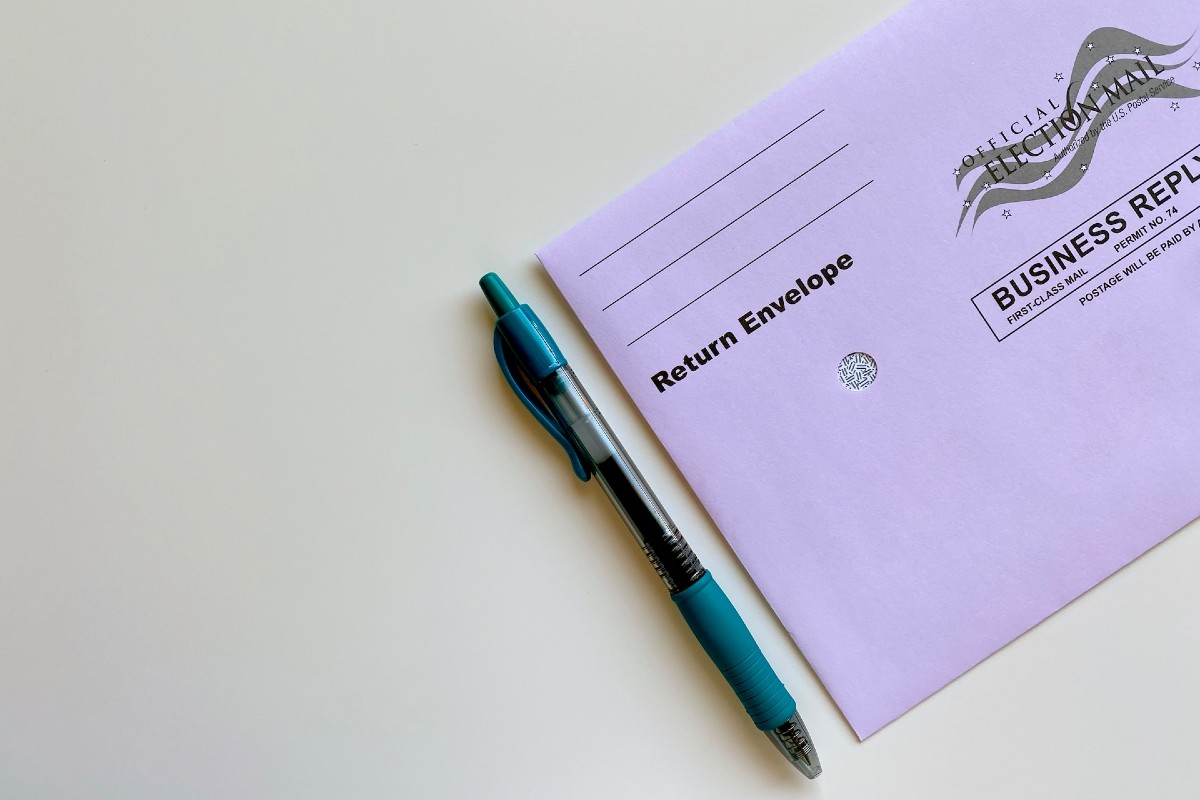
Staff reports | South Carolina was the nation’s sixth least politically engaged state in 2022, according to a new study.
To determine the level of political engagement in each state, WalletHub utilized 10 key metrics, grading each metric on a 100-point scale, with a score of 100 representing the most political engagement.
The Palmetto State ranked 45th out of the 50 states in political engagement, scoring a 31.55 out of 100 in the new WalletHub study. Among the findings of the study on South Carolina’s overall political engagement:
- 44th in total political contributions per adult population.
- 43rd for the percentage of the electorate that voted in the 2018 midterm elections.
- 40th for the percentage of the electorate that voted in the 2020 presidential election.
- 39th for the change in percentage of the electorate that voted in the 2020 elections versus the 2016 elections.
- 34th for the percentage of registered voters in the 2020 presidential election.
- 34th in voter accessibility policies.
States that ranked below South Carolina were Nebraska (31.10), South Dakota (30.76), Alabama (30.23), West Virginia (27.34) and Arkansas, the least politically engaged state in the nation with a score of 15.55.
The most politically engaged state was Maryland, with a score of 71.85. Second to Maryland was New Jersey (71.80).Rounding out the top five most politically engaged states were Virginia (69.41), Washington (68.82) and Oregon (68.43).
Better ranking on younger voters
The study also found that people between the ages of 18 to 24 in South Carolina ranked 17th best out of 50 states with a young citizen voter percentage of 53.40%. On the flip side, the percentage of citizen voters among the elderly (aged 65 and older) in South Carolina was 72.40%, a rank of 37 out of 50.
Daniel Aldrich, professor and director of the security and resilience studies program at Northeastern University, offered some strategies to potentially increase political engagement.
“To encourage people to vote, there are several things authorities can do,” Aldrich told WalletHub, “First, make election days national holidays so that people don’t have to choose between paying bills and civic engagement. Second, drop voter ID laws and follow the example of states like Massachusetts which make it easier to participate
“Third, provide transportation to polling stations from high-density areas And fourth, encourage more young people and minorities to run for office so that voters will feel their interests are being represented in political institutions.”
- Have a comment? Send to: feedback@statehousereport.com.
















 We Can Do Better, South Carolina!
We Can Do Better, South Carolina!